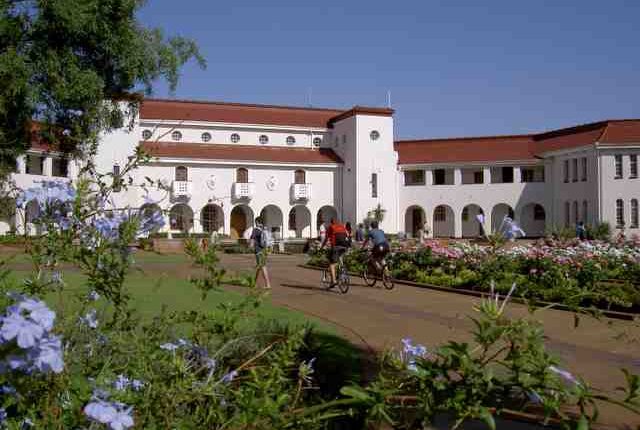North-West University: NWU now ranks in top 4,5% of global universities
by Willie du Plessis
The North-West University (NWU) continues to shine in global rankings. In the latest rankings, the Center for World University Rankings (CWUR) placed the NWU in the top 4,5% of universities in their 2022/2023 edition of the Global 2000 list. This is an improvement from being in the top 4,7% in last year’s ranking.
This outstanding achievement was published on 25 April on the cwur.org website. The NWU was ranked according to academic performance among 19 788 universities worldwide.
The NWU also improved from last year’s overall score of 70,7 to 71,0. It was ranked 880th in the world (last year it was 924th) and is still ninth in Africa and seventh in South Africa. The NWU is ranked 837th (879th last year) for research.
Prof Linda du Plessis, acting principal and vice-chancellor of the NWU, says this latest global ranking follows on the heels of the Times Higher Education (THE) Young University Rankings. The THE Young University Rankings placed the NWU third overall in South Africa in its ranking of the world’s best universities that are 50 years old or younger. The THE Young University Rankings were published on 15 February 2022 (to read more visit: NWU continues impressive performance in rankings | news.nwu.ac.za).
“These rankings recognise the excellent work that all members of the NWU community are doing. This international recognition serves as an enabler for fostering partnerships and international collaboration.”
She says the management of the NWU is extremely proud of all staff, students and other role players who are giving their best to make the NWU shine internationally.
CWUR – largest academic rankings of global universities
The CWUR publishes the largest academic rankings of global universities. It is a consulting organisation that provides policy advice, strategic insights and consulting services to governments and universities in order to improve educational and research outcomes.
The CWUR rankings are unique in that the organisation places equal emphasis on student-related and faculty-related indicators.
It also uses objective indicators for all four key pillars underlying the methodology of the ranking, with no reliance on surveys and data submissions from universities. The four key pillars are the quality of education, alumni employment, quality of faculty, and research performance.

